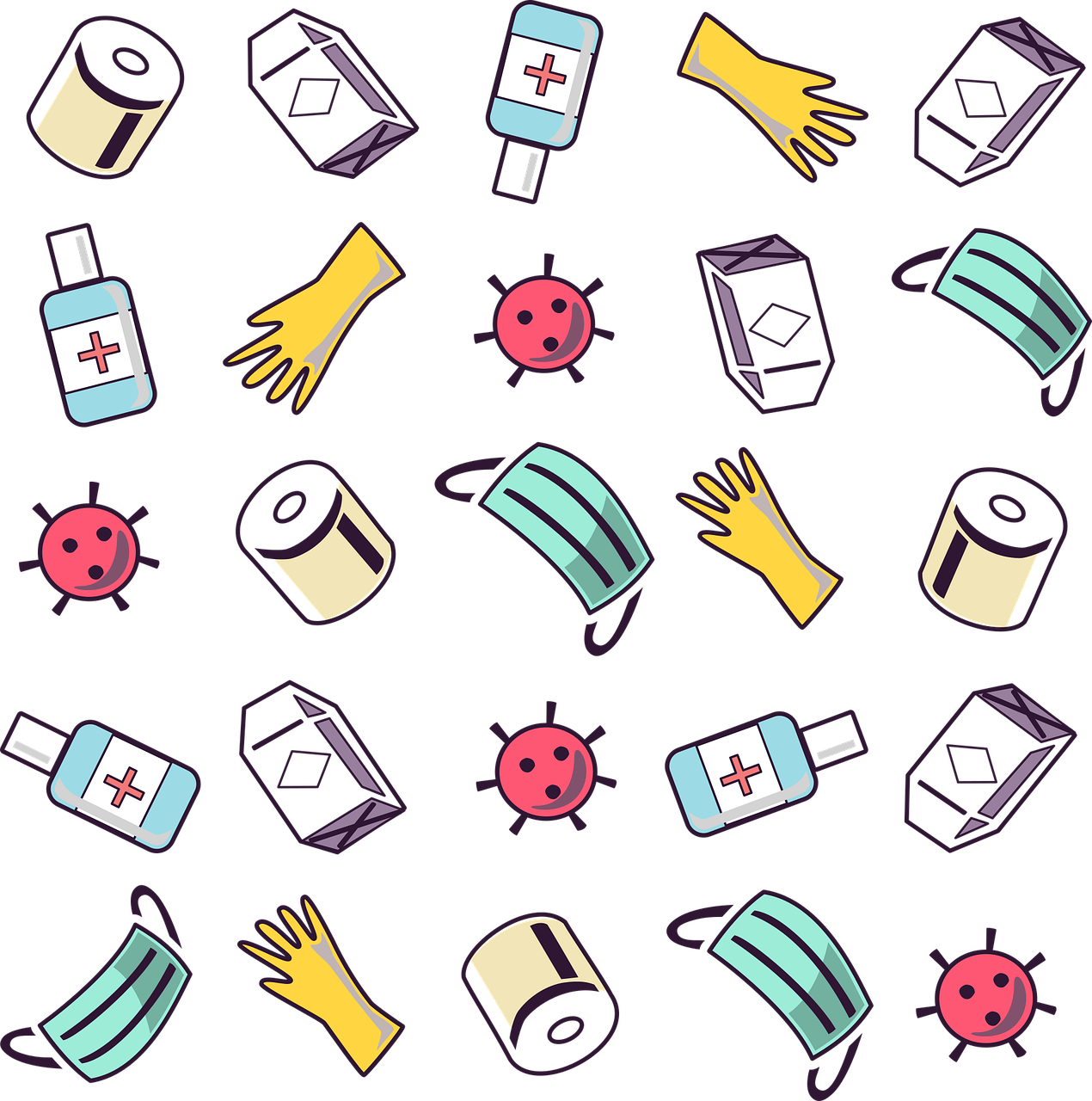As a pandemic-level threat, coronavirus is obviously affecting people’s physical health with numerous symptoms. For some, the virus is putting a strain on their mental health, emotional relationships and physical health.
The Kaiser Family Foundation, a nonprofit dedicated to health issues, conducted a poll discussed in The Washington Post, which found that nearly half of Americans report the coronavirus crisis has harmed their mental health. If you are struggling with your emotional well-being, you are not alone. In fact, you are struggling alongside almost 50% of the population.
We are in unprecedented times. The Center for Disease Control and Prevention’s website section is loaded with information about COVID-19 testing and symptoms. Under the COVID section, there is an entire portion dedicated to “Stress and Coping.” The existence of this page highlights the country’s need for emotional assistance. The mental health implications of the virus may be as detrimental to some as the virus itself. According to the Washington Post, federal agencies and experts predict a historic lapse of depression, post-traumatic stress disorder, substance abuse and suicide. Long-term mental health implications can be hard to tackle and can often change an individual’s life course.
Our society has not faced a pandemic like this in modern times, and we are doing so while everything is constantly broadcasted on our phones, TVs, tablets and smartwatches. Even though it allows us to stay connected, social media plays a role in negatively affecting mental health. Several studies indicate a strong correlation between social media and depression, loneliness, anxiety and self-harm. Media outlets’ coverage, extending beyond COVID-19 during this pandemic, is dire. It is crucial that we take into account all aspects of our health now more than ever.
Anxiety is extremely common for people clinically diagnosed with a mental illness or for those who are experiencing symptoms for the first time. Unfortunately, stress weakens the immune system, increasing risk of infection from COVID-19 and lowering the body’s ability to fight it off infection. I do not tell you this to cause more anxiety, but to raise awareness about the relationship between the two.
Furthermore, mental health issues are disproportionately affecting certain communities. COVID-19 is impacting African American and Latino communities in particular. The CDC website reports, “long-standing systemic health and social inequities have put many people from racial and ethnic minority groups at increased risk of getting sick and dying from COVID-19.”
According to the Substance Abuse and Mental Health Services Administration, data from the CDC shows that in cases where race was specified, Blacks, who only represent 13 percent of the total U.S. population (U.S. Census Bureau, 2018), make up 30 percent of COVID-19 cases. Furthermore, Black and Latino communities have significantly less access to mental health services and therefore are more vulnerable to the negative effects of COVID-19. One factor in this disparity is that minority groups are more likely to be uninsured and less able to seek professional help.
The virus is not the only thing these communities are battling; in addition to police brutality and the weight of the Black Lives Matter movement, people of color are also forced to wrestle with systemic and historic plagues of racism, economic inequalities and more. The culmination of these factors is more than enough to give rise to anxiety or depression.
As if these personal struggles are not enough, a remarkable amount of individuals are noting struggles in their relationships. The pandemic and quarantine have brought underlying relationship issues to the surface and contributed to the development of plenty more. According to The Wall Street Journal, Susan Myres, president of the American Academy of Matrimonial Lawyers, says she expects new divorce filings to increase at a rate between 10% and 25% in the second half of this year. In the same study conducted by researchers at IU Bloomington, the data shows a substantial amount of drinking and fighting within intimate partner relationships. Increases in fighting and break-ups are low-level problems compared to the increase in domestic abuse.
Even for healthy relationships, they are changing in nature. Many people are communicating with their loved ones solely through texting or video calls. If your love language is physical touch, you are simply out of luck. These interpersonal issues and changes can easily lead to loneliness and isolation, which feed into the cycle of negative effects on emotional and physical health. It really is all connected.
In lieu of all of this, I will be doing a COVID-19 series diving deeper into the topics mentioned in this article on the virus’s effect on physical health, mental health and relationships. These articles will include personal anecdotes and interviews with Coulture staff and members of the UNC-Chapel Hill community. These conversations are crucial. Even if you cannot relate to these topics, I guarantee that someone you love can. Now is the time to educate ourselves, provide space for important conversations, reach out to loved ones and show ourselves that same level of grace and love.
- All About the Enneagram - March 25, 2021
- The Toxic Relationship Between Us and Social Media - November 12, 2020
- The Reality of Pandemic Relationships - October 15, 2020

